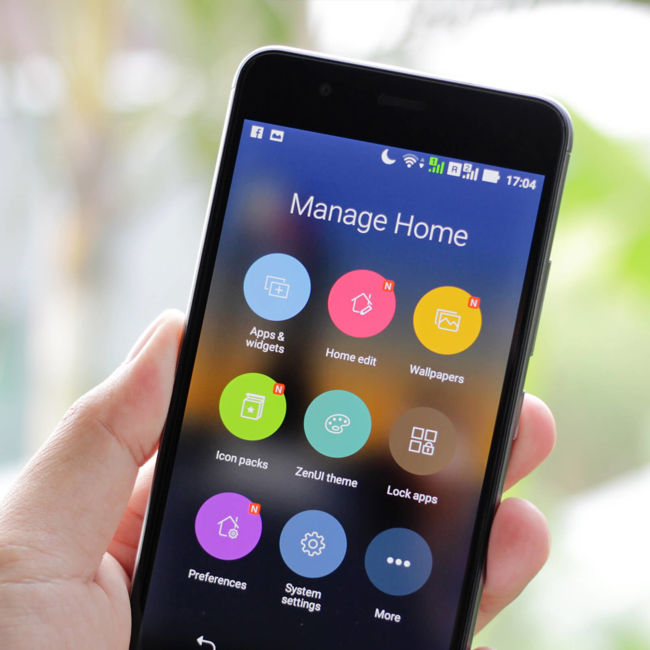ENGLISH LANGUAGE REQUIREMENTS OVERVIEW
All academic degrees/awards at UWS are taught in English. For applicants whose first language is not English*, the University sets a minimum English Language proficiency level. All English language qualifications must have been gained within two years of the start of your UWS course.
* applicants who are exempt from english language requirements include:
- native speakers of English
- Erasmus students (unless advised otherwise)
- non-Erasmus students from EU partner institutions (your institution must provide confirmation of your English language ability in the absence of a formal qualification)
- students whose previous degree-level study has been taught and assessed in English in what UK Visas and Imigration (UKVI) define as a majority English speaking country
In general terms, if you are applying to study a course at, or above, Year 1 (SCQF Level 7) bachelor’s degree level, then the UKVI’s minimum level of English proficiency is Common European Framework for References of Languages (CEFR) at B2 (Upper Intermediate).
UWS & INTERNATIONAL ENGLISH LANGUAGE TEST SYSTEM (IELTS)
At UWS, we define our general English language requirements using the International English Language Testing System (IELTS) Academic module (not General Training) as follows:
Undergraduate (bachelor's - BA, BAcc, BEng, BSc etc.) degrees and postgraduate (master's - MA, MBA, MSc etc.) taught degrees
- the CEFR equivalent requirement is normally an overall IELTS score of 6.0 (or equivalent), with a score of no lower than 5.5 in any of the four elements (listening, speaking, reading and writing)
Postgraduate research degrees (MRes, MPhil, PhD, DBA etc.)
- the CEFR equivalent requirement is an overall IELTS score of 6.5 (or equivalent), with a score of no lower than 6.0 in any of the four elements (listening, speaking, reading and writing)
These are minimum requirements and some courses may require a higher standard for admission†.
† Exceptions to this level of IELTS scoring exist for some accredited or professionally-recognised courses (see IELTS Score Exceptions section below for more information).
IELTS SCORE EXCEPTIONS (RESEARCH DEGREES, BIOMEDICAL & PARAMEDIC SCIENCE DEGREES, NURSING & MIDWIFERY DEGREES WITH NMC REGISTRATION, SOCIAL WORK DEGREES, CERTIFICATE OF HIGHER EDUCATION, ETC.)
RESEARCH DEGREES
For our research degrees (MRes, MPhil, PhD, DBA, DProf) applicants are required to have an IELTS score as follows:
- overall score of 6.5
- no sub-test score of less than 6.0
HEALTH & MIDWIFERY AWARDS
For Health, Nursing & Midwifery courses that lead to professional registration with the Nursing & Midwifery Council (BSc Adult Nursing, MSc Adult Nursing, BSc Mental Health Nursing, MSc Mental Health Nursing, BSc Midwifery and MSc Midwifery), applicants are required to have an IELTS score as follows:
- overall score of 7.0
- score of at least 7.0 in reading, listening and speaking and
- score of at least 6.5 in writing
PARAMEDIC SCIENCE DEGREE
Our BSc Paramedic Science degree leads to professional registration with the Health and Care Professions Council (HCPC); it has different IELTS requirements than other Health-related courses. Although it is not possible to apply for this degree directly as an international student, for applicants who meet SAAS residency requirements and for whom English is not their first language, then the following IELTS scores are required:
- overall score of 7.0
- no sub-test score of less than 6.5
BIOMEDICAL DEGREES
For our BSc (Hons) Applied Biomedical Science, BSc (Hons) Biomedical Science and MSc Advanced Biomedical Science degrees, which may lead to professional registration with the Health and Care Professions Council (HCPC), applicants are required to have an IELTS score as follows:
- overall score of 7.0
- no sub-test less than 6.5
SOCIAL WORK DEGREES
Our BA (Hons) Social Work and MSc Social Work degrees are professionally recognised by the Scottish Social Services Council and applicants are required to have an IELTS score as follows:
- overall score of 7.0
- no sub-test score of less than 7.0
CERTIFICATE OF HIGHER EDUCATION
For our Certificate of Higher Education courses, applicants are required to have an IELTS score as follows:
- overall score of 5.0
- no sub-test less than 4.5
OTHER IELTS EQUIVALENT ENGLISH LANGUAGE TESTS
In additional to IELTS, we also accept a number of alternative English language for application and admission to our courses for both home/EU and international students at bachelor's degree study at Year 3 (SCQF Level 9), and above. From Cambridge to TOFEL iBT qualifications the number of these qualifications is extensive.
Find out about non-IELTS English Language Tests
ENGLISH LANGUAGE HIGH SCHOOL QUALIFACTIONS ACCEPTED FOR NON-EU APPLICANTS
UWS has also reviewed a range of High / Secondary School qualifications studied by non-EU applicants that can be used as a basis of entry to a UWS. These range from Botswana GCSEs to USA High School Graduation Diplomas, the number of these qualifications is extensive.
Find out more about international English Language high-hchool qualifications
PRE-SESSIONAL ENGLISH LANGUAGE COURSES AT UWS
Applicants who do not meet the minimum English language requirements have the option to study one of our preparatory and pre-sessional English courses. The UWS courses available are:
- 10-week pre-sessional - entry criteria UKVI IELTS 5.0 with no element below 4.5.
- 5-week pre-sessional - entry criteria UKVI IELTS 5.5 with no element below 5.5.
- English Language for University Study - entry criteria UKVI IELTS with an overall score of 4.0, plus a score of 4.0 in all sub-tests (10-month course), or an overall score of 4.5, plus no score below 4.0 in all sub-tests (7-month course).
Find out more about our English language Courses.


